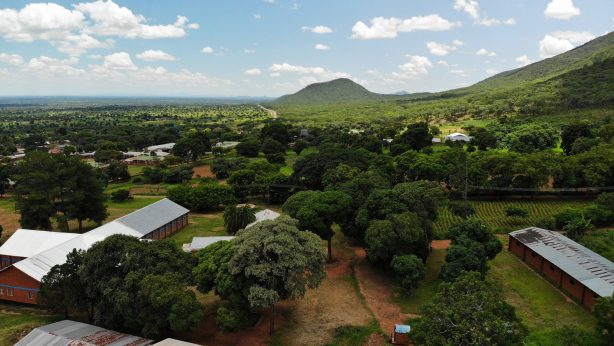Education visit to Permaculture Paradise Institute in Malawi
Hi all. I’m Bright Msuku and I’m the Project Manager at Empower Malawi!
Empower Malawi partners with communities in rural regions across Malawi for 5 years to support local efforts to achieve self-reliance through ‘Sustainable Schools’ (Permaculture) projects. These partnerships involve collaboratively implementing sustainable design practices on school and communal land to grow organic fruits and vegetables. The ultimate aim is to sustain a community-run breakfast program.
We currently work with four primary schools in the Lilongwe and Mchinji districts in Malawi’s central region.
On May 14th, Empower Malawi took four schools to Permaculture Paradise Institute (PPI) to appreciate the practice of organic farming and permaculture design. The schools were Mphanga and Mchinji Mission primaries from Mchinji district and Kabudula and Kakoma primaries from Lilongwe district.
The education visit involved students, teachers and lead farmers/parents to learn more about the practices and technologies practised at PPI, and how they could adapt them and benefit from them. Each school had 15 representatives as the pioneers to teach the rest of the key stakeholders at their school.
The lead facilitator and co-founder of PPI, Luwayo Bizwick, took the participants to a wide range of areas on the form, demonstrating how permaculture design works in practice – both in urban and rural locations. These design demonstrations were mainly shown to teach the participants about soil management, water management, intercropping, pest and disease management, as well as crop rotation. The participants were also taught on how to dry and store the seeds in the seed-bank house for future use – an important practice given the current reliance on GMO seeds that need to be purchased each season.
Luwayo Bizwick demonstrated to the participants the meaning of Permaculture and its principles
The zones were the focal point of the demonstrations as zones 00 (nearest to home), 0, 1, 2, 3, 4 and 5 (farthest from home) where the natural forest is found were showcased to the audience to appreciate a range of design considerations. The demonstration elaborated on how living things and non-living things survive in a holistically harmonized ecosystem. Bizwick took through the participants to show the crop husbandry, animal husbandry, aquaculture and many more permaculture design elements in action at PPI.
Participants were able to ask questions to gauge their understanding of the topics and concepts they were taught by the facilitator.
Participants listening to the facilitator about how permaculture design principles work in practice
At the end of the visit, the Biswick encouraged the participants especially the students who attended the education visit to take what they have seen and learnt from the PPI and teach their fellow students in their respective schools. It was a full day visit with 60 participants in total from four schools.
A demonstration of a seed bank in action
Overall, it was a very successful and valuable visit as the participants learned, and crucially, seen so many new things in action. They were encouraged and motivated to take the skills and knowledge to practice in their schools.
We look forward to seeing how this knowledge is put into practice across these schools in the months to come 🙂

